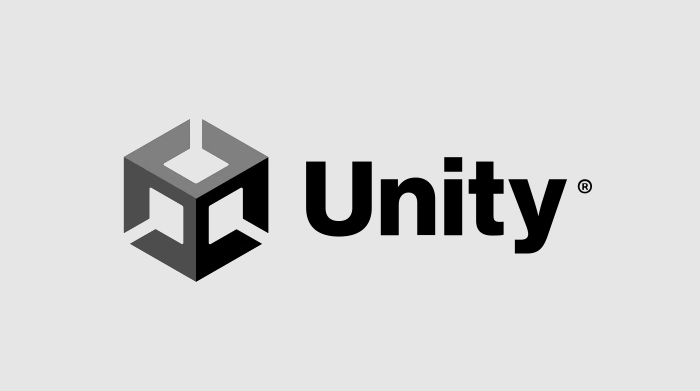In recent weeks, Unity has been in hot water with the developer community. Those who actively use and pay for the engine were shocked by new business model changes the company plans to implement, leading to many developers losing trust in the company and speaking out against the new business model. Now, Unity's controversial CEO is officially stepping down.
John Riccitiello is not a beloved figure amongst gamers. The former EA CEO notoriously pushed for microtransactions and increased costs to gamers, floating the idea of charging for weapon ammo in Battlefield back during his time at EA. Thankfully, the industry hasn't reached that point of price gouging yet, but his push for microtransactions can certainly be felt across the industry today, with the mobile gaming space relying almost entirely on microtransaction spending and many premium console and PC games also relying on microtransactions to support growing development costs.
Riccitiello joined Unity years ago as CEO. Last month, Unity announced plans to charge a Unity Runtime fee, charging developers for new installations of games and increasing costs for using the engine. After significant backlash from developers on this, as well as lingering questions over how accurate Unity's installation tracking is and the potential for this system to be weaponised against developers by groups mass-installing and re-installing games, Unity did make changes to its proposal.
Under the new guidelines, Unity will not charge a per-install runtime fee for developers using Unity Personal or Unity Plus. Additionally, the runtime fee only kicks in for Pro or Enterprise users after accruing $1 million in revenue and reaching 1 million engagements. This fee will also only apply to those shipping projects with Unity's upcoming Long Term Support version, which is due to arrive in 2024, rather than impacting all Unity users across all versions of the engine. Alternatively, developers can self-report installs and gross revenue to Unity and either pay the runtime fee, or 2.5% of gross sales, whichever fee ends up being smaller.
While these changes did help alleviate some of the backlash a bit, many developers are still understandably frustrated with the changes and are making plans to move away from Unity.
As a result, John Riccitiello is officially stepping down as CEO of Unity with immediate effect. While the recent controversy was not addressed in the announcement, the fact that the departure is immediate, with no successor lined up, indicates that this move was unplanned and fairly sudden. Now, Unity will begin its search for a new CEO.
Discuss on our Facebook page, HERE.
KitGuru Says: Unity's recent business model changes caused quite the storm. While the company won't confirm if this directly led to Riccitiello leaving the company, from the outside, it seems highly likely.
 KitGuru KitGuru.net – Tech News | Hardware News | Hardware Reviews | IOS | Mobile | Gaming | Graphics Cards
KitGuru KitGuru.net – Tech News | Hardware News | Hardware Reviews | IOS | Mobile | Gaming | Graphics Cards



